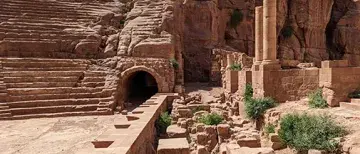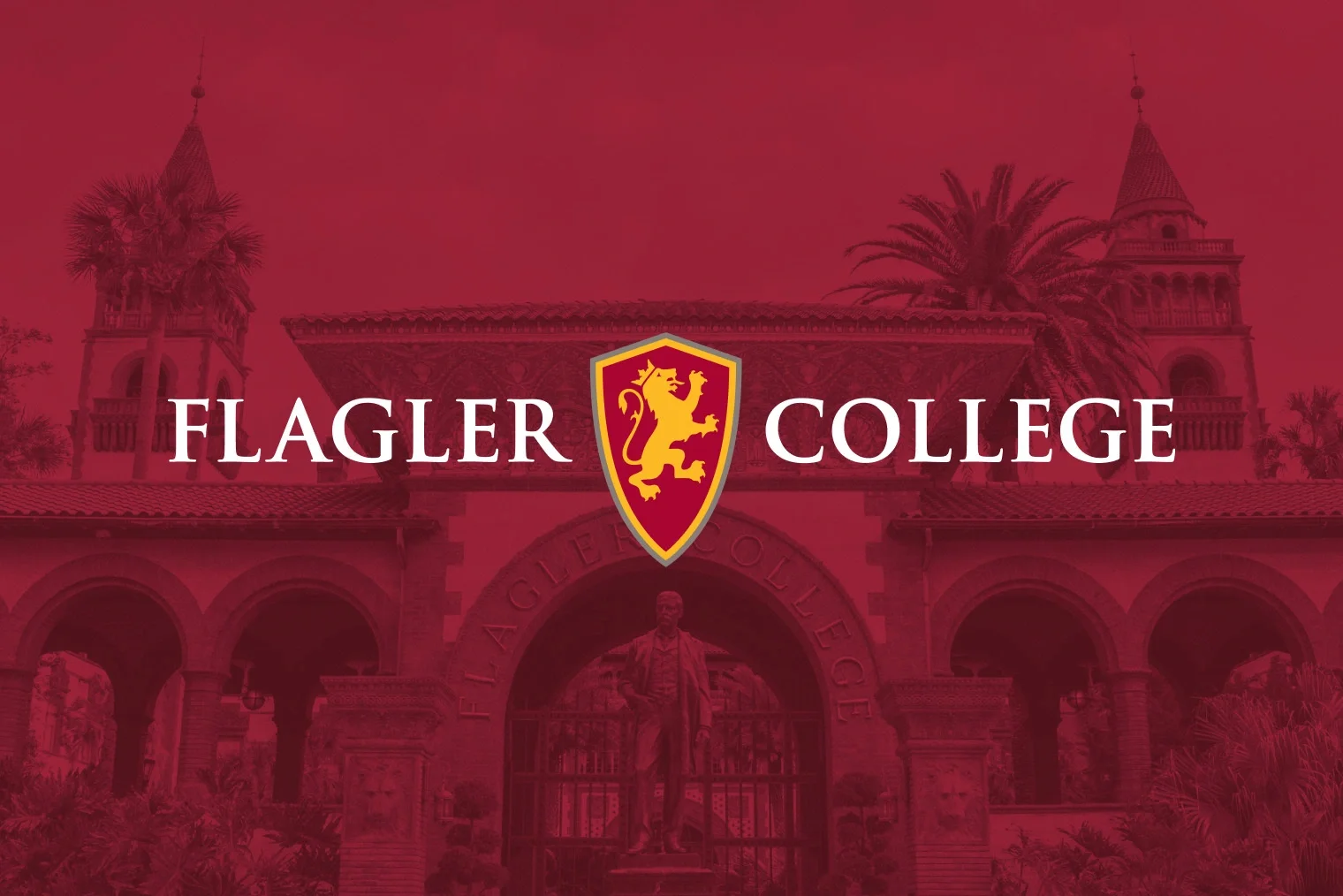
Flagler College’s FlagSHIP program created a course to explore the water scarcity issues that Jordan’s society faces day-to-day, led by Natural Sciences Department Chair Jessica Veenstra and Communication Associate Professor Tracey Eaton.
Now the College is continuing to develop the relationships they created while in Jordan in the summer of 2022. Dr. Raed Al-Tabini, the College’s primary contact and a director for the School for International Training, will be coming to St. Augustine to discuss the water scarcity issues in Jordan. Veenstra will introduce Dr. Al-Tabini to students interested in the course, as they hope to rerun it in January 2024.
“Florida is a state where there’s just an incredible abundance of water in many ways, and there’s water all around us,” Veenstra said. “So it was really interesting to bring the students to a really completely opposite environment where they are so extremely water-limited.”
The students participated in homestays, where they stayed with domestic families in the area. This experience allowed them to learn about the environment from a grounded level instead of just seeing it through the eyes of scientists, politicians and business professionals.
“Being one of the first Flagler groups to go to the Middle East and learning about the water scarcity issue was truly eyeopening,” said Matthew Dutton, ‘22.
Flagler students like Dutton are used to being surrounded by water, and Jordanians don’t have that luxury. Being able to hear from individuals living in the area and learn from the source was one of the biggest takeaways from the excursion.
Alongside learning from the locals of Jordan, the course participants entered conversations with scientists and communicators from the local area.
“Learning the culture and more about the water crisis was a unique experience that I’ll never forget. I was shocked to find out that each citizen is allocated around 40 liters of fresh water, [equal to] about a 5-minute shower, per day,” Dutton explained. The country and its entire region depend on groundwater resources that cannot replenish, similar to the oil resources that the world relies on. Veenstra and the students found it interesting and surprising that this was the population’s go-to water source.
However, switching the population’s resources from groundwater to a more sustainable one has been challenging. Not only does Jordan have to do their part in educating the public as to why it should be switching its resources, but there are also political battles at hand.
“Students met with leading scientists who are studying the water crisis in Jordan and learned that international cooperation is vital to solving such difficult problems,” said Eaton. Israel, one of Jordan’s neighboring countries, shares one of the few water resources available in their region, the Jordan River. Politicians in Jordan and Israel have a balance they must maintain so both populations can share the natural resources.
“Rivers don’t know the boundaries of Israel versus Jordan. Right? They just flow where they flow. And so, these two countries that get along now but certainly have their issues with each other have to share this water resource, right? And so, there are ways that surrounding countries can take more water, and it becomes difficult to establish whose rights are whose,” Veenstra explained.
But the trip wasn’t just about navigating environmental issues and political tensions. The communal experience also gave Flagler students a one-of-a-kind chance to take took Arabic courses, dive into the Dead Sea and explore the ancient archeological site, Petra.
“Students told me that the trip helped dispel some common misconceptions about the Middle East,” Eaton said, “As we left, several students said they were so impressed with Jordan that they hoped to return one day.”


